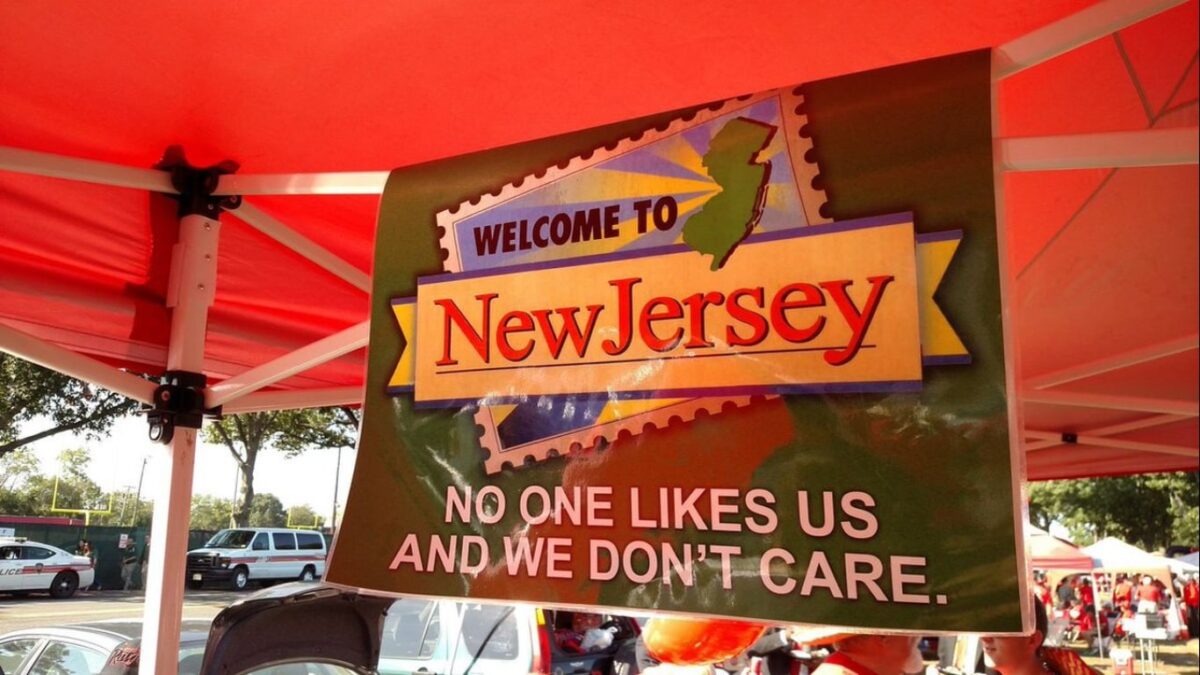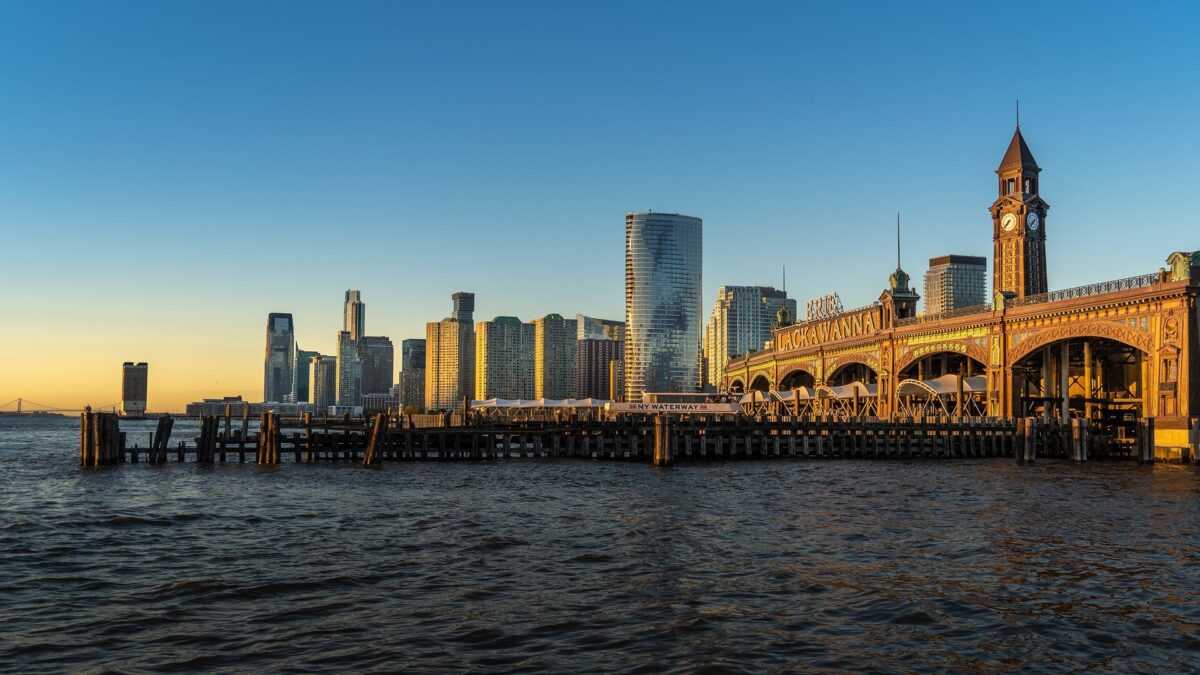Doing a DIY move when you’re young isn’t so bad. You’re still in decent shape and you likely have some nearby friends and family who are available to help out. However, as you get older moving everything yourself can put a serious toll on your mind and body. Not to mention most of your friends and family are probably too busy with their own life to help out (and maybe they also just don’t want to get hurt helping you move).
Whatever the case, you now need to hire right movers. Even if you’ve gone through the process in the past, it can still be a daunting task. After all, there are so many companies to choose from and not all of them will fit your needs. In order to find the right one moving company for you, you’ll need to do some planning. Luckily, the following guide will help walk you through the process.
Need to Calculate Your Moving Cost
Before hiring NJ professional movers onboard, you first need to figure out if you even have enough money. In order to do that, you need to figure out how much they cost. While there aren’t any universal rates, most movers tend to offer similar prices. If you don’t want to guess how much movers will cost, you can simply reach out to a few that offer the service you need and get a quote. So long as you provide accurate information and include any additional services you might want to include, the quote should be fairly accurate.
Your best bet is to reach out to a minimum of three NJ moving companies, ideally more. You should be suspicious if an estimate is significantly lower than the others as it might be a sign of a scam. And while it used to be a red flag if movers don’t do an in-home visit, thanks to COVID-19, many can provide estimates if you send them pictures and/or video.
Check All the Important Documents
Whether you’re making a local move or long distance move it’s important that you make sure the company you hire is licensed and insured. The US Department of Transportation (U.S. DOT) requires all professional moving companies to have a U.S. DOT number. In order to receive this number, the movers must enroll in an 18-month education program to learn about carrier safety and hazardous material regulations. During this time, the company must maintain safe operations and pass a safety audit. To maintain their number, movers must comply with all Federal Motor Carrier Safety Administration (FMCSA) safety regulations.
Some states, like New Jersey, also require registration with the state’s Department of Transportation for additional security. Moving companies are required to post both their state and federal DOT numbers in an easy to find location on their website. You can then check the moving company’s numbers on the FMCSA website to ensure their numbers are still valid.
In addition to having the appropriate registration with the state and federal DOT, you also want to make sure the moving company is properly insured. You can ask for a certificate of insurance (COI), which is a form that shows all of the necessary insurance the movers have including umbrella, general liability, automotive, worker’s compensation, and more. When you look over the document, pay close attention to the expiration dates for the insurance as well as the name and address listed for the business. You want to make sure the insurance is still valid up to the date of your move and that the name and address matches what is listed on the company website.
Read Reviews Online
Thanks to the beauty of the internet, you can now easily find reviews on almost everything, including NJ moving companies. Don’t let this resource go to waste! Simply search the name of the company and you’ll be able to pull up reviews from multiple sources including Yelp and Google. You can always arrange reviews by the most recent and even drill down to see specific ratings like one-star reviews. From there, you can determine whether the negative and/or positive reviews are a good representative sample.
In addition to customer reviews, you should also check out the Better Business Bureau (BBB) to see if the company has a report. You can check out the letter grade the BBB has assigned to the mover and read any complaints, reviews, and government actions. Besides the BBB, you can also review the company’s complaint history on the DOT website.
You shouldn’t always trust online reviews though as some companies will pay people to post positive reviews. If you know people who have used a moving company you are considering, ask them questions on the cost, professionalism, etc. See if they have any complaints and see if it matches up with the online reviews.
Ask Questions About What You Want to Know
Once you’ve narrowed down your NJ moving company search, you should take some time to ask them questions. You don’t want to go in there without any preparation, so make a list of questions beforehand. Below are some questions you should ask:
- Can you provide a certificate of insurance? You want to make sure the movers the insurance is up-to-date and that they have enough coverage. Usually, insurance should go be at least $2-5 million
- Are you a broker or carrier? Brokers outsource their services to other companies while carriers handle all moving services in house
- What coverage option do you offer? All moving companies must offer partial liability coverage for free. This only insures your items for $0.60 per pound per item. Professional moving companies are required to have full value protection, but you will need to pay extra for this
- What services do you offer? Not all movers are created equal. If you need additional services like packing and unpacking or storage, make sure you ask if they offer these options.
- How do you calculate prices? Most companies charge customers on several factors including weight, distance, season, and hourly rates. If you’re moving locally, most movers stick with a flat hourly rate, but that’s not always the case so it’s important to ask.
- What about cancellation fees? There are plenty of reasons why you might need to cancel or reschedule your move. Some companies will let you cancel free of charge so long as you do it far enough in advance. Others might charge you a fee on top of your deposit so make sure you ask!
Hire Right Movers NJ
Once you’ve done your research and found the right movers for you, make sure you book them! Ideally, you’ll want to reserve your movers at least a month beforehand, but you might be able to get in a last-minute move if you’re lucky. Still, the more lead time you have, the better as you’ll be able to start the moving process in advance.
Looking for some movers in NJ, then reach out to NJ Great Movers for a quote!



